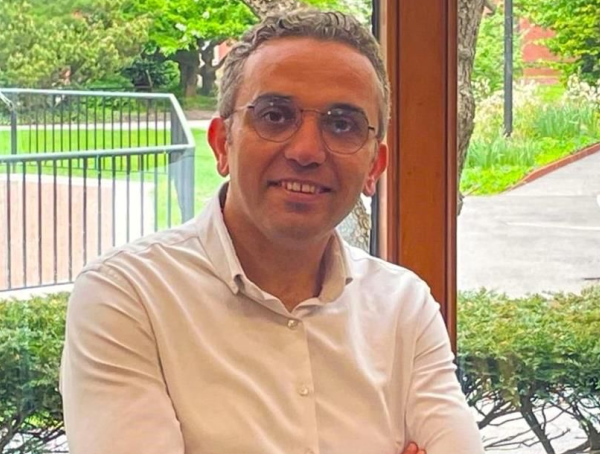17th-Century Ottoman Cultural History: New Sources, New Approaches
17th-Century Ottoman Cultural History: New Sources, New Approaches
This seminar explores the cultural, intellectual, and artistic life of the Ottoman Empire in the seventeenth century. Set against the backdrop of the era’s political and social transformations, it examines developments in major fields such as madrasa scholarship and learned culture, literature and historiography, Sufism and religious movements, architecture and the fine arts, as well as everyday life and material culture. The intellectual landscape of the period will be analyzed through the works of leading figures including Nâbî (d. 1712), Naîmâ (d. 1716), Kâtip Çelebi (d. 1657), and Evliya Çelebi (d. 1682), with particular attention to the Ottoman Empire’s interactions with both the wider Islamic world and Europe
M. Fatih Çalışır is a historian of early modern Ottoman and environmental history. He earned his Ph.D. at Georgetown University (2016) and is currently a faculty member at the Institute of Islamic Studies, Istanbul University. He has held appointments at Ibn Haldun and Kırklareli Universities and was a TÜBİTAK 2219 Postdoctoral Fellow at Harvard University’s Center for Middle Eastern Studies (2024–25). Çalışır has published widely as an editor and translator and is the founder of the Bilkent History Society and the Environmental History Society of Turkiye

